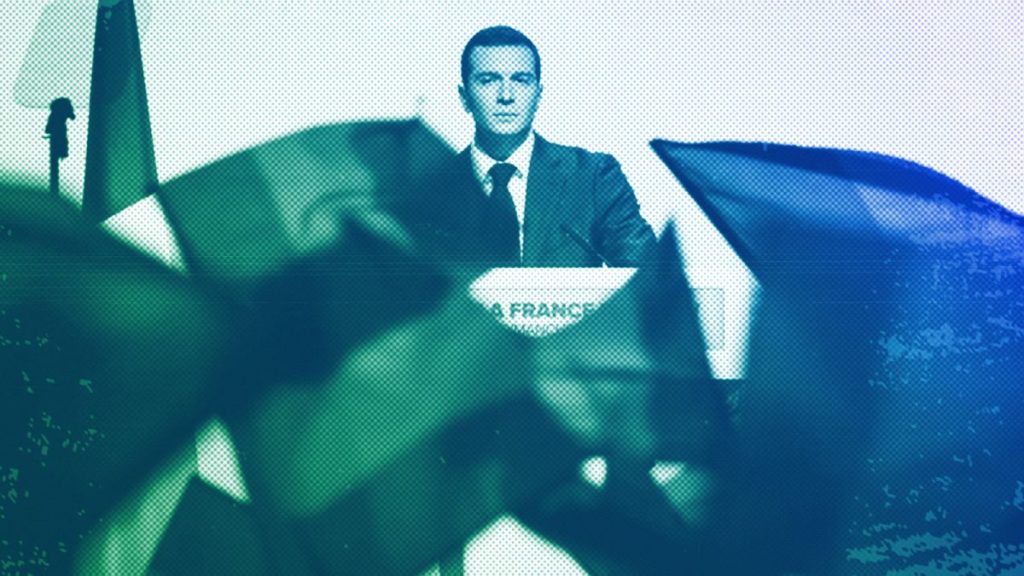President Macron’s decision to call for rapid legislative elections in response to the surge of far-right parties in France during the European elections has been described as bold, reckless, and desperate. However, it is actually a calculated risk with potentially higher rewards than inaction. By returning to the voters, Macron aims to counter the prevailing narrative that the far right is taking over France and show that the European election results do not mirror wider political sentiment in the country. This move could also mobilize those worried about the far right’s rise and curb its momentum both in the EU and globally.
Historically, the far-right National Rally has struggled to mirror its success in EU elections in French national elections due to differences in voting systems. France’s two-round electoral system for legislative elections presents a significant barrier to far-right parties, with the second round often seeing voters unite behind more moderate candidates to prevent a far-right victory. Additionally, the local focus of French parliamentary elections favors parties with evenly spread support, making it difficult for the National Rally to secure a widespread vote distribution necessary to win multiple seats.
Despite the National Rally’s success in the EU elections, it is unlikely to replicate this in the French legislative elections due to the differences in voting systems and the necessity of building a broad coalition necessary to win in the final round. Macron is betting that the far-right party will not be able to find the additional voters needed to secure a majority in less than a month. Even if the National Rally were to win, governing effectively and resolving economic, social, and environmental issues would be a significant challenge, potentially leading to consequences in future elections.
While the far-right parties have capitalized on discontent among voters dissatisfied with current government policies, Macron’s decision to call for new legislative elections may serve as a pivotal moment in shaping the political landscape in France and beyond. Whether this move succeeds or not, it will undoubtedly make history and have a significant impact on the trajectory of the far-right movement. Macron appears to be strategically leveraging the opportunity to mobilize voters and counter the narrative of the far right’s increasing influence, ultimately aiming to maintain his pro-European stance and curb the momentum of far-right movements.


